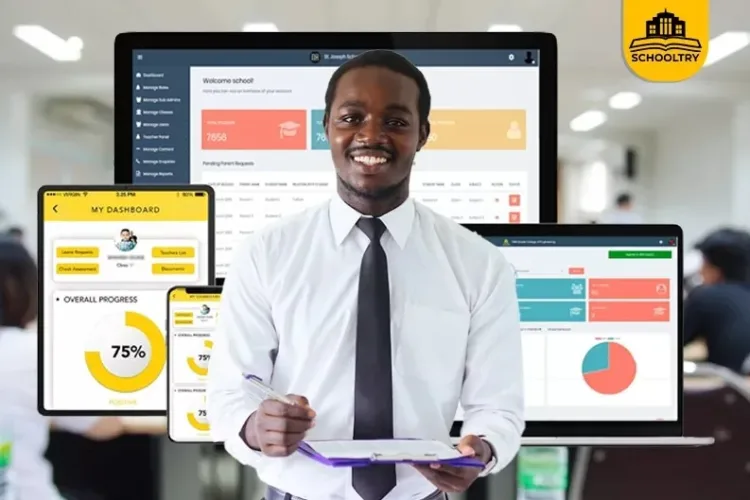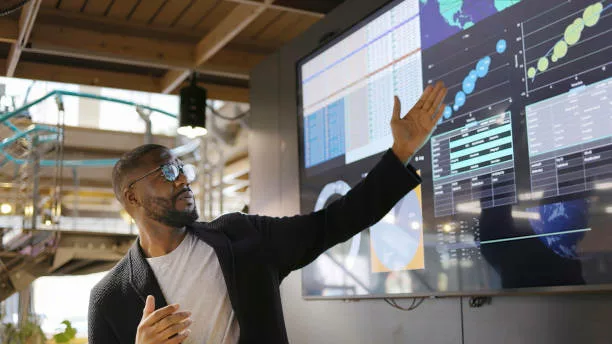Differences between Digital Citizenship and Digital Leadership; Digital citizenship has been a focus for teachers since the use of technology began to centre around content creation and interactions online. Teachers concerned themselves with their students’ ability to be responsible and ethical in an online environment. As the use of technology and the internet continues to evolve, teachers must now focus on digital leadership. Digital leadership supports the view that students should be learning and connecting with others of similar interests online, sharing their learning and creating content. Student social media accounts should be used to promote positivity and support one another. They should be looking to the internet as a space where their voice can be heard and they can speak out for those who cannot speak for themselves. If educators begin to promote the idea of the internet as a place where students must focus on creating and maintaining a personal brand. Students would remain focused on determining how they want to be seen and heard online and can therefore develop useful strategies which will support them as they continue to learn and grow in an ever changing online landscape.
The idea of digital leadership builds from those of digital citizenship. Couros defines Digital Leadership as “using the vast reach of technology (especially the use of social media) to improve the lives, well-being and circumstances of others (Couros, 2013, p.1).” This shift focuses on empowering students to recognize themselves as leaders online. The understanding that sharing their interests, connecting with others who can broaden their understandings and spreading positivity online are all ways to build a positive online presence. The lens of digital leadership focuses students on being change makers, using their online presence to better themselves and those around them. Supporting students in becoming active participants in online learning communities can prove invaluable to their learning. Participating in social media can offer levels of connection which can support their sense of self and community
In this article, you will learn some of the differences between digital citizenship and digital leadership;
1. Digital citizenship employs the use of the various social media platforms as well as the internet in a reasonable and diligent way while digital leadership also makes use of both social media and internet to better your lives and that of the people around you.
2.Digital citizenship explains the relevance of technology and its benefits towards the formation of an individuals character while digital leadership gives room for the empowerment of people who do not have enough access to some internet-based privilege.
3. Digital citizenship encourages and applauds others who share their work or opinions online while digital leadership decreases societal injustices and promote equality among internet users.
Are you a school owner and you need a web solution to digitize your school work click here to sign up for free.
Author: Semira Ayeni.




